Pets are great companions. While it may be fun having them around, things can get ugly when they have bad dental hygiene. If you’re a pet owner, you know how unpleasant it is to have a pet with bad breath. Many people assume that bad breath is normal for pets, but in truth, it can be a sign of gum or periodontal disease.
Just like your health, your pets' healthcare and wellness are also important. Studies show that more than 80% of pets over three years old have periodontal disease. That's quite a large percentage for an easily preventable disease.
Here are some tips you can use to keep your pet's dental hygiene in check:
Brush Their Teeth Regularly
It's not the most fun thing to do, but hey, it'll help prevent a lot of problems down the road. Brushing your pet's teeth is the first step in maintaining good dental hygiene. You don't have to brush them daily—two or three times a week will work just fine. Plaque starts accumulating after some hours of brushing, and that's why brushing is important to prevent the over-accumulation of plaque.
When brushing, use a soft-bristled pet toothbrush or a finger brush and a pet toothpaste. Concentrate on the outer surface of the teeth and be sure to reach the teeth in the back of the mouth. Be sure to use both toothbrush and toothpaste made specifically for pets. Human toothpaste can be harmful to pets if swallowed.
At first, some pets might be resistant to brushing, but you can start slow as you train them to tolerate the process. It’s even better if you start when they’re younger. Over time, they’ll get used to brushing regularly.
Feed Them The Right Diet
The foods your pets eat play a key role in their dental hygiene. Homemade meals are good, but they’re not always the best choice for your pet's dental hygiene. Avoid feeding your pets toxic foods. A generally balanced meal is the best option for keeping their dental hygiene healthy. Kibble is a great option for most pets. Their ingredients help minimize plaque and tartar accumulation.
There's also a debate on choosing between canned (wet) food or dry food for pets. Both are okay, but dry food is generally the better option because they keep the teeth healthy by reducing plaque and tartar accumulation. Canned foods may cause plaque and tartar accumulation, which can later lead to more serious dental problems. On the brighter side, canned foods help keep your pets hydrated, which is something that dry food can't do.
Dental Treats
Dental treats such as rawhide chews, dental bones, and dental biscuits for dogs, and dental chews for cats can help reduce the plaque and tartar accumulation. Dental treats mechanically scrub off the plaque and tartar from the pet's teeth, and they can be great substitutes for brushing teeth.
However, you need to be careful when giving treats. Avoid very hard and cut bones to minimize the risk of dental fractures, and match a treat according to your pet's size. Remember, swallowing excessively large chunks of treats can cause choking. The general rule of thumb for treats is that, the smaller the pet, the smaller the treat.
Dental Toys
Dental toys are not edible, but they’re used to keep your pets busy and engaged. Chewing dental toys can help remove bacteria from the pet's mouth. Dental toys can also be used to distract them from chewing items they’re not supposed to. Some good dental toys include durables, plaque attackers, and dental balls.
Regular Dental Checkup
Your pet won't inform you when they have dental issues, and it's up to you to figure out when there's a problem. Look out for these signs of dental disease.
Bad breath
Bleeding gums
Visible yellow or brown tartar
Losing teeth
Bloody saliva
Difficulty chewing
Blood left on chew toys
If you pay close attention, you’ll also notice a behavior change in your pet, which can be a sign that they’re not healthy. Be sure also to seek professional pet teeth cleaning services annually for a more comprehensive checkup.
Wrapping Up
There comes a time when you need professional help for your pet. This is when the situation has gotten out of hand, and not even home remedies can help. Professional vets are more experienced and they’ll help ensure the health and wellness of your pets. They’ll also conduct a thorough dental examination to figure out the problem, and prescribe the necessary medication.
Click on the pictures to see where it takes you and the links in the article.
Until our next cat convo



